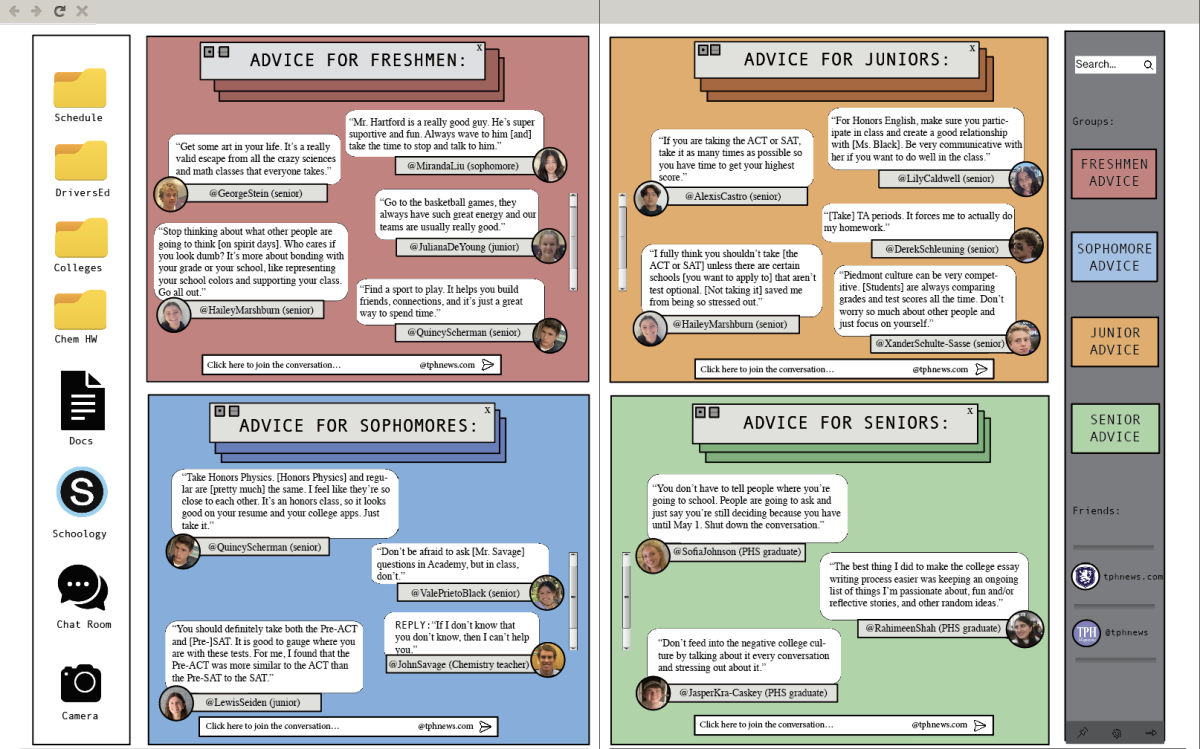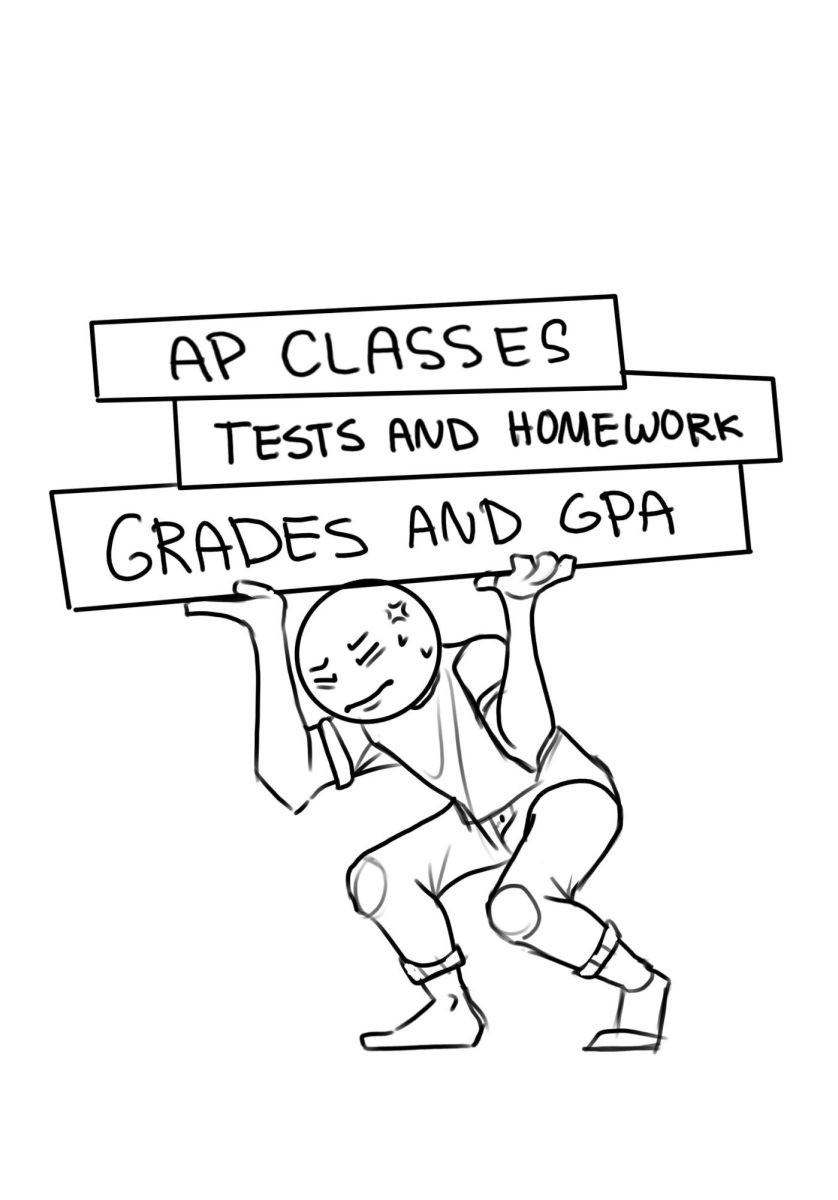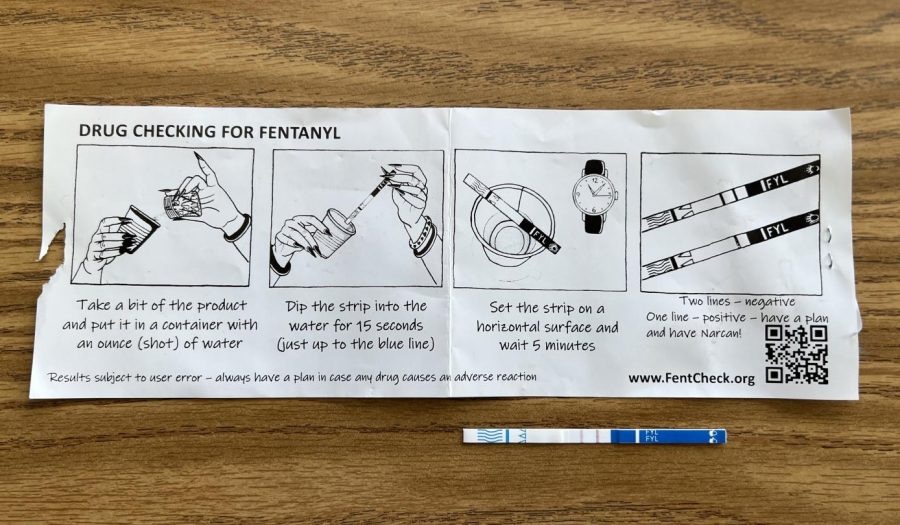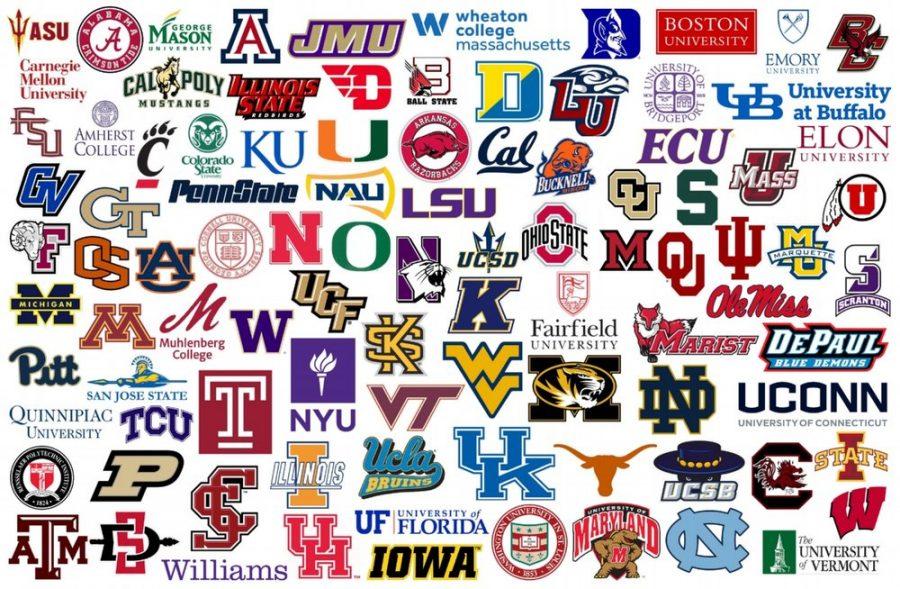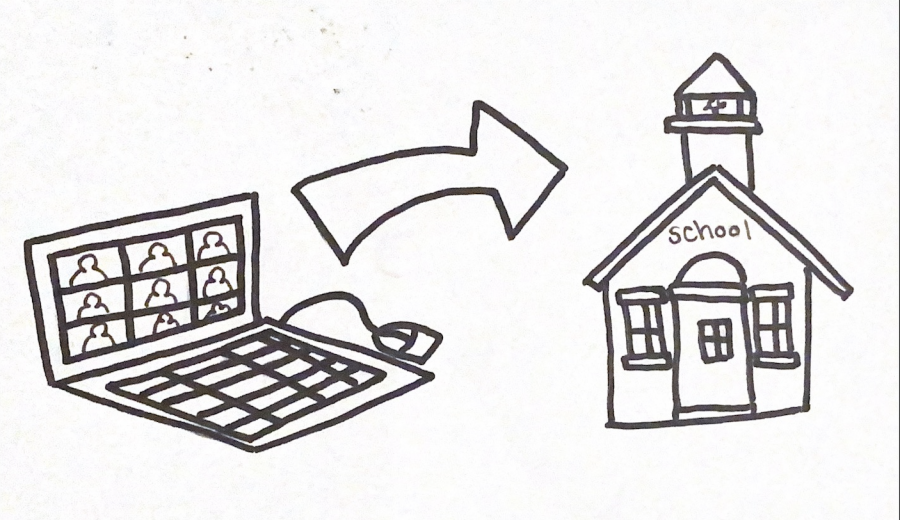It is the first day of summer. The birds are chirping and the sky is blue and clear. You almost smile, and then you remember. You decide to check Schoology one last time, visualizing your entire future collapsing before your very eyes. There it is next to the words “Semester Grade”: 89.9%. Your mind instantly becomes a cloudy haze of misery and you feel an overwhelming sense of failure welling up within. That one number is your fate, your value, all you will ever be. And bam. Just like that your life is officially over.
This feeling that a B is a failing grade and an A is simply the norm is a systemic issue in our Piedmont’s culture which encompasses students, teachers, parents, and the entirety of the modern day education system. At PHS, grade anxiety has become much more prevalent recently, due to the fact that colleges are increasingly difficult to get into. Now, students are facing more pressure than ever to get perfect grades.
According to a study done by The College Board in 2017, 47 percent of high schoolers are graduating high school as straight-A students.
“It matters a lot to me to get A’s because I think that it will help me get into a better college,” junior Jasmine Ghaderi said.
Freshman Michaela Bini said that grades also have an impact on her self worth.
“It affects my self esteem and how I think about myself. I always want to have a positive self image so that’s part of why it’s important to me [to get A’s],” Bini said. “I know I shouldn’t let grades define my value, but I do.”
Another study by the Thomas B. Fordham Institute found that that there is more evidence of grade inflation at high schools that serve wealthy students compared to other high schools. But at PHS where most students have a track record of succeeding in college, it’s hard to know: is it grade inflation or just high standards?
“[At Piedmont] it feels like winner takes all and everyone else is left behind,” IM3 teacher Auban Willats said.
Willats also believes that part of that issue relates to the socioeconomic structure of our society.
“The eroding of the middle class contributes to [students’ pressure to get good grades],” Willats said.
According to the 2018/19 Healthy Kids survey, 97% of Piedmont students have parents who have graduated from college with at least a four-year degree. This sets expectations so high that it can feel overwhelming for students, Bini said.
“My parents were very successful and I feel they have high standards that I have to meet,” Bini said.
Ghaderi and her mother, Nicole Edgar, also agree that parents’ expectations and a society focused on getting into the best colleges definitely affect students’ pressure, though they have different ideas as to where they stand in all of it.
“At Piedmont High School, and other good high schools, there seems to be a lot of pressure because colleges are talked about from an early age,” Ghaderi’s mother Nicole Edgar said.
Ghaderi said that she has gotten mixed messages from her parents surrounding their expectations.
“If I went home and was like, ‘Dad, I got a C on a test,’ he would yell at me and ground me. But if I get stressed out about getting an A they’re like, “Don’t put so much pressure on yourself,” Ghaderi said.
Edgar said that she only cares that her daughter is trying her best because that matters more than the grade.
“She feels way more pressure to get A’s than I put on her. She has to get A’s in her mind,” Edgar said.
Willats also said that, though parents often do care a lot about their children’s grades and futures, at a certain point they usually say their main focus is their child’s wellbeing and effort.
“I think a lot more parents want their children to be successful and happy at a level that makes sense for them,” she said.
According to a study by the Harvard Graduate School of Education, almost 80% of middle and high schoolers think that their grades are what their parents care most about while 96% of parents believe that raising “ethical, caring children” is the most important.
Though it is important to acknowledge parents’ impact on students’ stress levels, students also feel the pressure through talking about grades with their classmates, Willats said.
“I think that the most pressure comes from peers and myself,” Ghaderi said, “I’ve always been really competitive and I always want to be the best. It’s like a competition against myself to see if I can do better.”
Junior Parker Morell also said that the competition with her peers is what drives her to get good grades.
Because of the competitiveness surrounding college admissions, students lose sight of why they are at school at all and fail to take classes that really interest them, said Willats.
“It often feels like there is a lot of point grubbing with students asking, ‘Why didn’t I get that point?’ instead of asking, ‘What didn’t I understand about this concept?’,” Willats said.
English teacher Mercedes Foster and honors Chemistry and Anatomy teacher John Savage said that students are more focused on their GPAs than the actual material they are learning.
“Learn math. Don’t worry about the A. Learn it. Be there.” Foster said, “Read a book. Don’t stress out about the quiz at the end. Just read the book.”
Savage said that this mentality leads students to become fixated with grade-rounding late in the semester.
“Too often kids come in and say [they] want a 90% at the end of the semester and they have an 89%. If that attitude and effort had been put in earlier on then they probably wouldn’t have had that problem,” Savage said, “Students should focus less on the grade, but more on the process of learning and learning itself.”
Another contributor to grade anxiety is AP and honors classes. Students tend to overload their schedules with these weighted classes in order to appeal to colleges, Willats said.
“I sometimes take AP and honors classes for the grade in order to boost my GPA,” Morell said, “But honestly, I think that honors and AP classes, even though they do give you the grade boost, [aren’t] worth it, because you will do worse in them.”
Willats said that she would like the admin to limit the number of AP and honors classes that students can take in a semester in order to lower the overall anxiety and workload.
As a parent, Ghaderi agrees that it would benefit students to restrict the number of weighted classes.
“I definitely think that AP and honors classes should be limited,” Ghaderi said, “I think it is really easy for students to overload themselves and just take too many difficult classes.”
Freshman Nathan Fredericks said that he disagrees.
“I think it should be the choice of the student,” Fredericks said, “It’s different for everyone so [the student] should be able to decide how many [AP and honors classes] they take.”
At the end of the day, students and adults have very different ideas on what good grades really mean. Students believe that grades are the key to a bright future, while adults remember them as a minor step out of many that got them to where they are.
“It’s like ‘go to a good college, have a good life; go to a bad college, have a bad life.’” Ghaderi said.
Bini also believes that there is a ripple effect after not getting good grades in high school.
“I have an inaccurate mindset where I always think: ‘if I don’t have good grades now, I don’t get into a good college, I don’t get a good job, and I then don’t have a good life,’” Bini said.
Foster, who is used to students speaking like that, said that it made her sad to hear. When speaking to her seniors about why they are so focused on their grades, Foster said that she is often left troubled by their motives for their futures which she said are simply to go to a good college, get a good job, and then make money.
“[They] describe at least eight years of [their] life where [they’re] not living for anything that’s happening right now,”Foster said, “It’s all about this nebulous goal that Lord knows if [they’re] ever actually going to flippin’ hit and that would mean that eight years of [their] life was wasted.”
As Frank Bruni, Columbia University graduate, New York Times journalist, and author of Where You Go Is Not Who You’ll Be: An Antidote to the College Admissions Mania wrote: “My fear is that these kids are always going to be evaluating their self-worth in terms of whether they hit the next rung society has placed in front of them at exactly the time that society has placed it. And that’s dangerous, because you’re going to slip and fall in your life.”















